The Ministry of Education developed a curriculum for painting and music for primary and secondary schools (♥). The Syria Trust for Development35 in cooperation with the Ministry initiated an important initiative: the Interactive Theatre Programme (2009), aimed at integrating culture into education. The 2-year project is funded by the Swiss foundation DROSOS and has been introduced into more than 10 government schools. The Ministry is also responsible for the Institute for Plastic and Applied Arts Education and the Institute for Music Education (in all governorates, but not in rural areas).
Extra-curricular programmes are offered by popular culture institutes which exist in most governorates and cities, and are affiliated to cultural centres/MOC. There were 95 in 2007. They offer scientific, literary and artistic courses, in addition to languages, music, Islamic calligraphy, computer technology and needlework. The fees are symbolic and after successfully completing a number of courses, students are awarded certificates of expertise issued by the MOC.
During the summer break extra-curricular programmes for children are offered by the MOC in cultural centres and children’s summer clubs (language, painting and cultural competitions), and visual and applied arts centres offer training courses (painting, sculpture, Islamic calligraphy and pottery). Some of these centres sponsor talented children.
Popular organizations such as the Revolutionary Youth Union and Al-Ba’ath Vanguards give children and young people the opportunity to meet with children from all over the world.
[♥] From: Syria by Reem Al Khatib and Rana Yazaji published in ‘Cultural Policies in Algeria, Egypt, Jordan, Lebanon, Morocco, Palestine, Syria and Tunisia. An introduction’, Cultural Resource/European Cultural Foundation, Bookmanstudies, 2010, 198-199.




